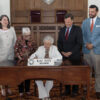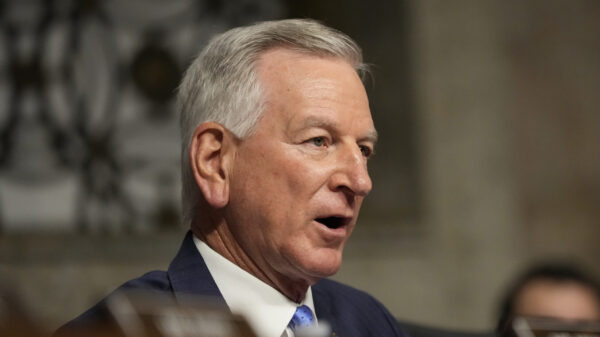Sen. Andrew Jones’ occupational tax bill did not make it through the Legislature this session.
SB65 would have cut the occupational tax in certain cities down to 1 percent gradually over time, virtually eliminating it. The bill would also restrict cities from enacting new taxes.
Jones has said he believes occupational taxes hurt economies and are regressive. The Alabama League of Municipalities opposed the legislation, saying that many cities needed occupational taxes to fund important services and programs.
Craig Ford is the mayor of Gadsden, one of the cities that rely on occupational taxes. Ford fought against the bill throughout the session. He said it would have crippled his city.
“It would have taken $15-20 million out of our $70 million budget,” Ford said. “ And we’d have to lay off firemen, policemen — probably a third of our city employees. And we’d have to cut essential services to all of our citizens.”
Ford is still perplexed by Jones’ reasoning for the bill, despite it not passing.
“No one hates taxes as much as me but I understand they’re a necessary evil of government,” Ford said.
The attorney general told Ford that if they had a bond tied to the OOLC and Jones did try to eliminate the occupational tax, it would be unconstitutional, Ford told APR.
APR reached out to Jones for comment via phone and email but received no response.




















































